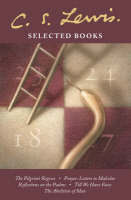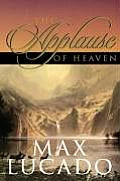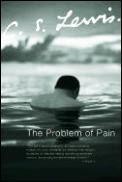(An Evocation on the Fallen Man)
Blessed are the shallow,
Depth they’ll never find.
-Jars of Clay, Frail
Happy are those who volunteer for mutilation;
Imploring vegetative state,
For the cost is heavy and commit the sin of envy[1]
Happy is the one who observe nature;
And experience numinous awe,[2]
For nature observes back with familiar gazes[3]
Happy are those who have no power for abstraction,
For they see their objects always near,
Never in the horizon[4]
Happy are those who have been Freudianised too long,
For they are incurable[5]
Happy is the man who cannot make worm,
For he will make gods by the dozen[6]
Happy is the most audacious despiser of God,
For he is most easily disturbed,
Trembling at the sound of a falling leaf[7]
…mourn man because you are not yet dirt.
Receive your ashes and rejoice.[8]
[1] From Simone Weil: Thinking Poetically (pp.43-46) by Joan Dargan. Marina Tsvetaeva’s Prayer come to mind: “I don’t need bliss that comes at the price of debasement”.
[3] Based on Baudelaire’s “Correspondances” and Weil’s “Necessite” as appeared in Simone Weil: Thinking Poetically (pp.91-93) by Joan Dargan.
[6] Montaigne
*This is not a variation of Matthew 5 or its travesty. It is an imitation of the first part of Simone Weils’ “terrible prayer” and the lines are either alterations or imitations of prominent works. To borrow C.S Lewis’ words, ‘they are the work of a layman and an amateur’. I have already settled for the title before reading Weil’s beatitude:
“Happy are they for whom the misfortune penetrating their body is also the misfortune of the world itself in their time. They have the ability and the function to know the misfortune of the world in truth.”
(Correspondance 38-40 from Simone Weil: Thinking Poetically (p.122) by Joan Dargan)
(Correspondance 38-40 from Simone Weil: Thinking Poetically (p.122) by Joan Dargan)






































No comments:
Post a Comment